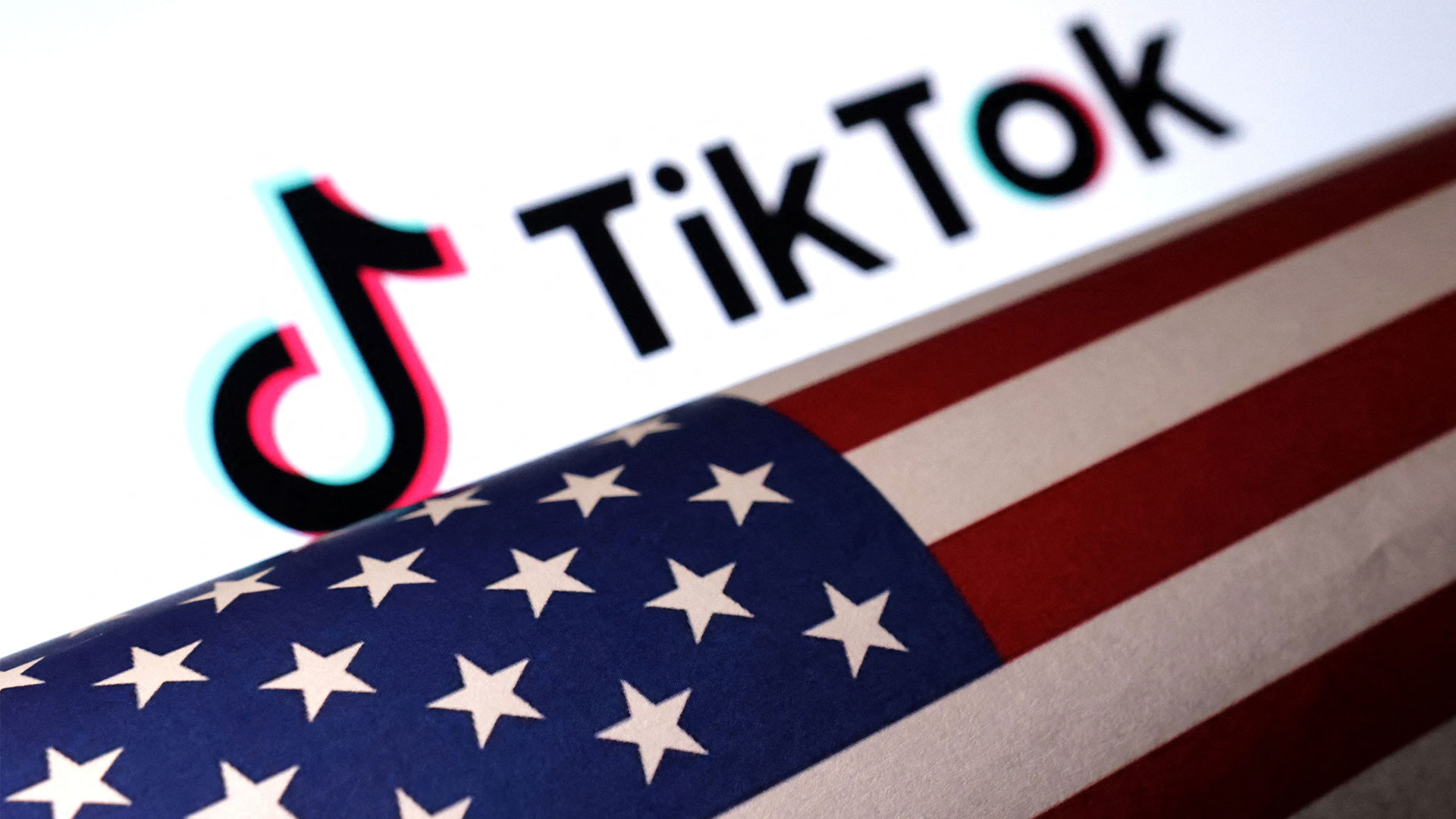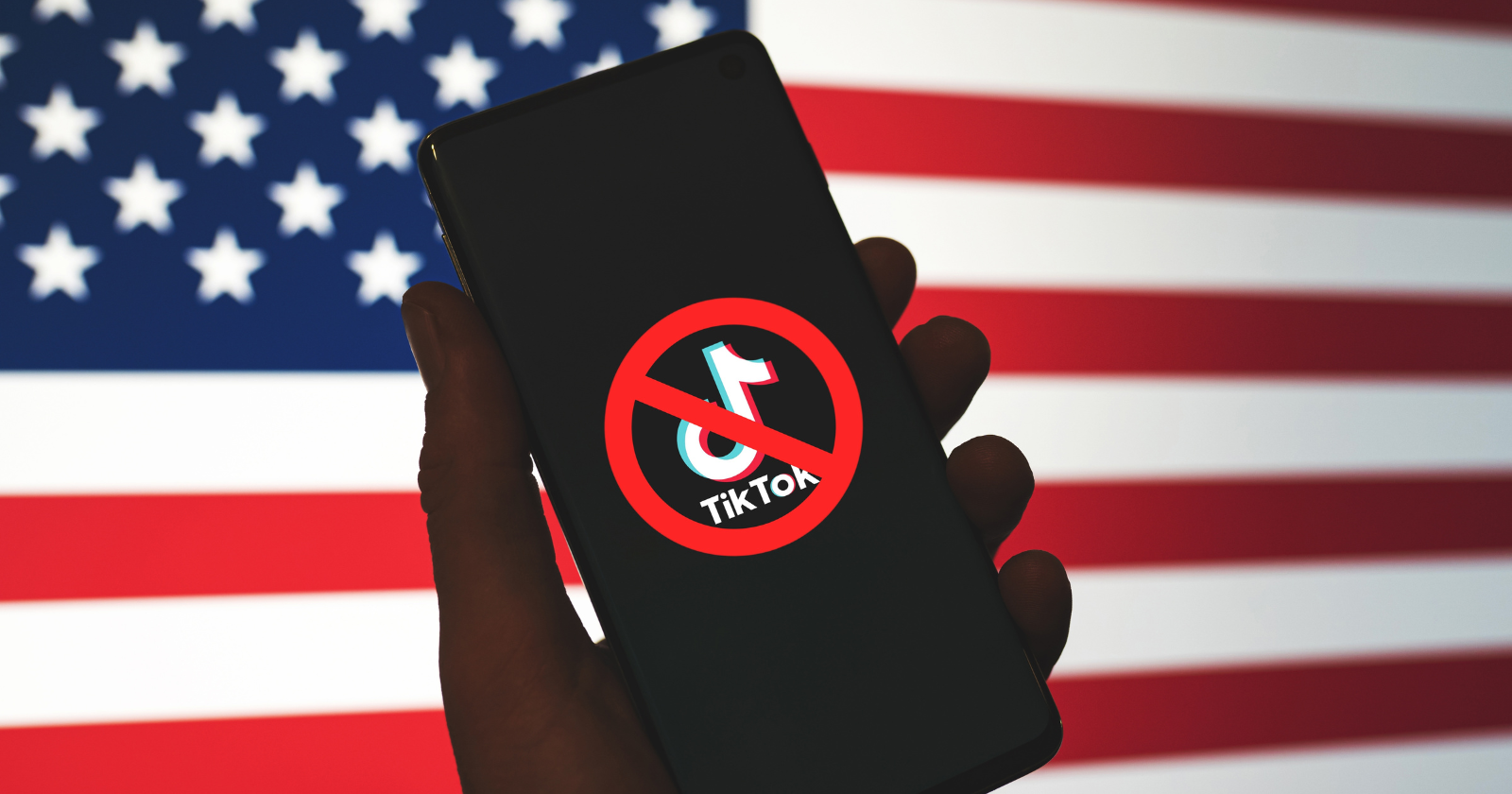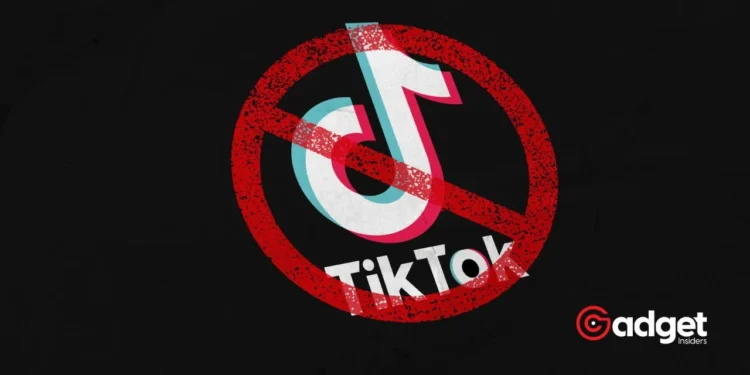In a significant development that could impact the future of TikTok in the United States, the U.S. Senate Commerce Committee, led by Chair Maria Cantwell, is considering a one-year extension to the deadline for ByteDance, the Chinese parent company of TikTok, to divest its popular video-sharing app.
This decision emerges amidst ongoing debates over national security concerns and the protection of American user data.
noted Cantwell, emphasizing the importance of not rushing the legislation. The discussions, which also involved Senate Majority Leader Chuck Schumer, reflect the challenges lawmakers face in reaching a consensus.

The Battle Over TikTok’s Future and User Rights
TikTok, boasting 170 million users in the U.S., has become a cornerstone of modern digital culture, intertwining millions of Americans in a tapestry of short-form video content. However, its ownership by ByteDance has raised eyebrows in Washington, prompting rigorous scrutiny over potential risks to national security.
Senate Majority Leader Schumer and Cantwell’s deliberations signify an ongoing effort to refine the legislation. The House of Representatives had previously passed a bill mandating ByteDance to divest its U.S. assets within six months, hinting at a potential ban if the deadline were missed.
This bill, part of the “Protecting Americans from Foreign Adversary Controlled Applications Act,” seeks to shield American citizens from perceived threats posed by foreign-owned applications.

The urgency of these legislative measures stems partly from the Trump administration’s failed attempts to ban TikTok, alongside similar endeavors in states like Montana. These efforts underscore the complexities of balancing national security with civil liberties in the digital age.
Data Privacy at the Forefront of Legislative Efforts
Amidst the ban on the app debate, Cantwell and Representative Cathy McMorris Rodgers, a Republican and the Chair of the House Energy and Commerce Committee, introduced the American Privacy Rights Act.
This draft bipartisan data privacy legislation aims to tighten privacy safeguards and restrict the data collection capabilities of tech giants. This move reflects growing concerns over how platforms like TikTok handle consumer data.
Senators mull over a possible one-year extension for TikTok ban deadline discussions. #TikTokBan #Senate
Read more here⬇️https://t.co/twAvgR3HAc
— Latin Times (@latin_times_) April 11, 2024
The Road Ahead: Security, Privacy, and Digital Rights
As the Senate continues to weigh the implications of banning TikTok, Senate Republican leader Mitch McConnell has described the platform as “America’s greatest strategic rival.” He stresses the security vulnerabilities that could affect tens of millions of American homes.

Meanwhile, TikTok defends its practices, asserting that a ban would violate the First Amendment rights of its users. The company has also emphasized its commitment to protecting U.S. data, with substantial investments exceeding $1.5 billion to secure data storage within the country.
As the debate rages on, the future of TikTok in the U.S. remains uncertain. The proposed extension by the Senate Commerce Committee could provide the necessary time to craft a more robust and legally sound framework that addresses the myriad issues at play.
Stakeholders from all sides watch closely, as the decisions made in the coming months could redefine the landscape of social media and digital governance in America.









